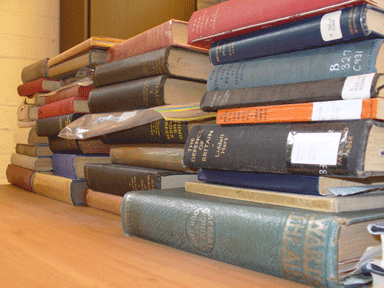A thesis update
I haven’t written for a while on where I’m up to in terms of the PhD thesis (you know — the reason why, ultimately, this blog exists!) I’m nearly at the (nominal) half-way point, and I think it’s coming along ok. Last month I finally completed a draft of chapter 2 (the evolution of the […]


